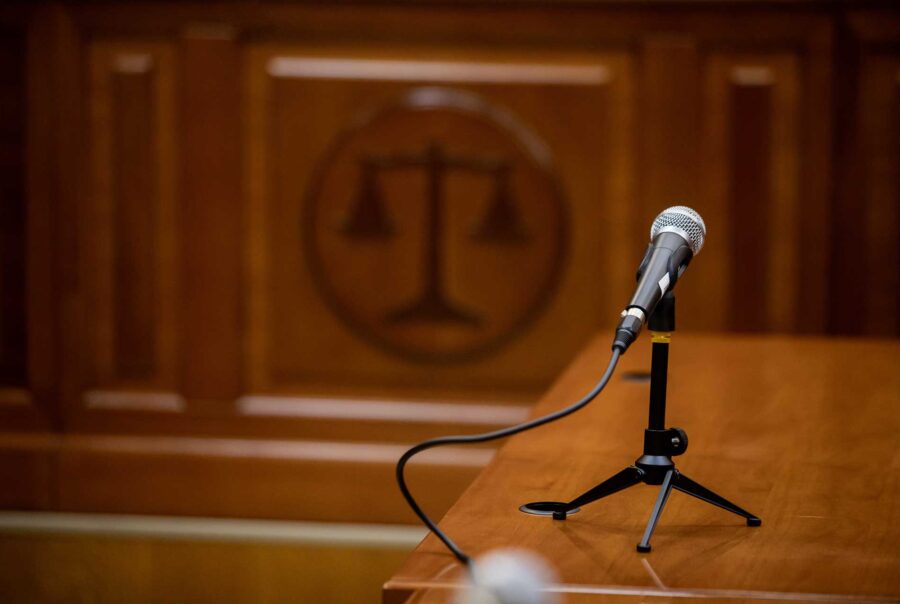Community Expert Testimony
Wasiu Adesope
Community Expert Wasiu Adesope, the Sustainability Engineering Associate for Blacks in Green, works to make the benefits of clean energy translate to increased opportunities for communities.
He testified that the Illinois Commerce Commission and utilities should create a culture of efficiency in which utility investments would not just maximize profite for the utility. The Illinois Commerce Commission should ensure that the dividends from the energy transition are also delivered to low-income people, especially in Black and Brown communities, to increase affordability.
Adisope testified on the need to focus on the development of clean energy to mitigate climate change and do so in a way that benefits all residents of the state. The Climate and Equitable Jobs Act is a good foundation but requires the Commission to assert its implementation oversight to ensure that utilities are acting in the language and the spirit of the law. Community solar programs are a critical component of an equitable energy transition – one that fosters energy democracy and sovereignty.




